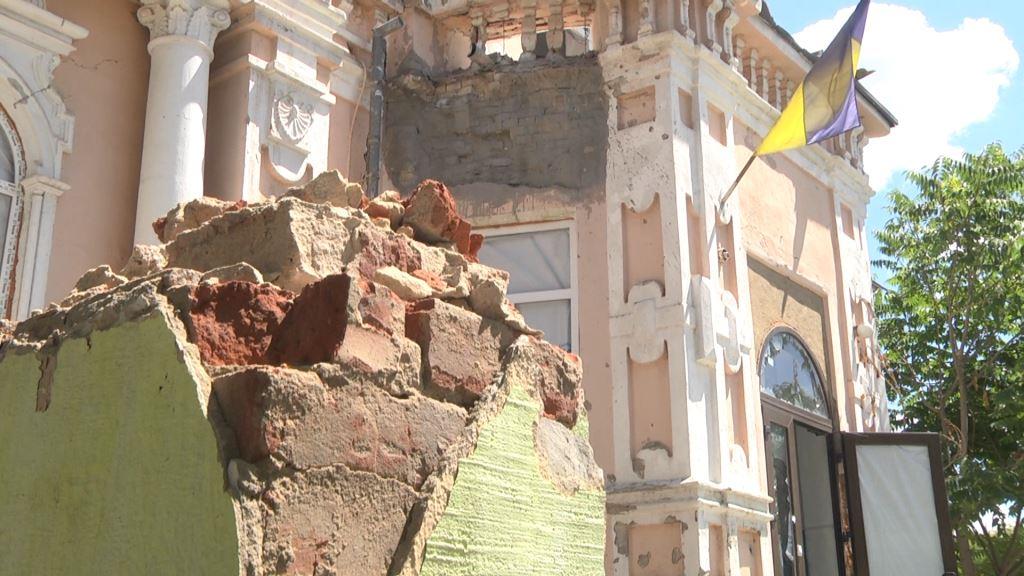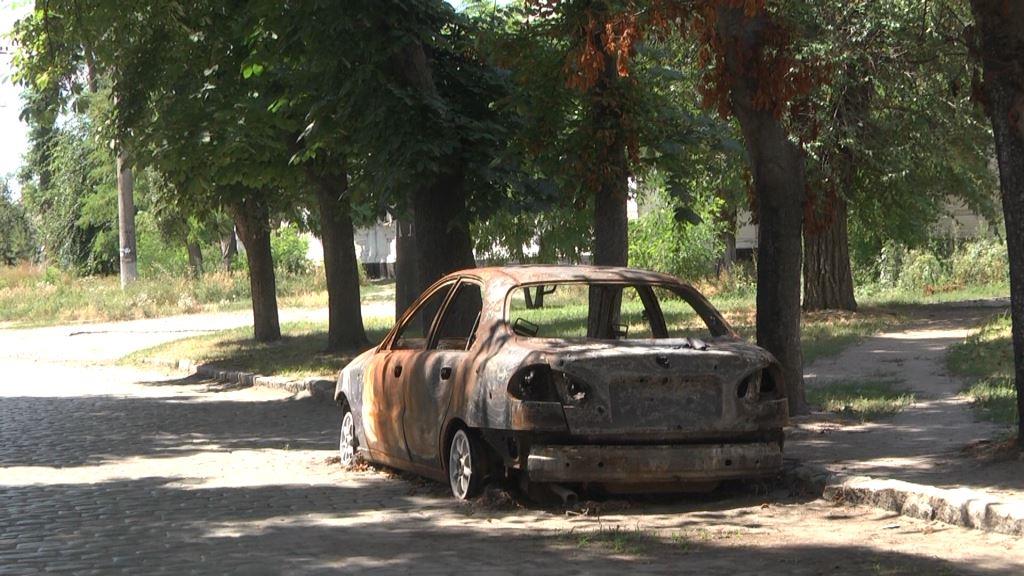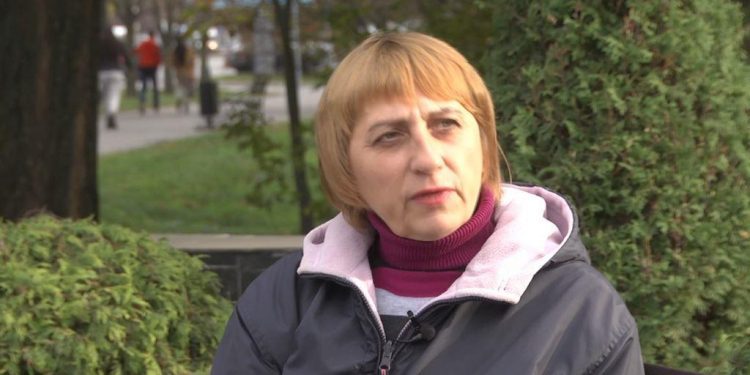The Orikhiv newspaper Trudova Slava, located in Zaporizhia, suspended its publication with the onset of Russia’s full-scale invasion. Almost from the first days, the aggressors have been attempting to erase this small town from the face of the earth. Working and publishing the newspaper there became impossible, as the priority was to save lives.
As long as the full-scale war lasts, Svitlana Karpenko feels indebted to the subscribers… The entire editorial team edited the latest issue of Trudova Slava on the go: it was meant to be released on February 24th but was delayed by two days.
The newspaper “Trudova Slava” faced challenges while preparing its latest issue during the conflict. After making revisions on the 24th, they sent the updated version to the printer, but operations came to a standstill. The national postal service was paralyzed, causing delivery disruptions. They couldn’t reach their distribution point, impacting the newspaper’s distribution to readers.
There was no point in preparing the next issue. The team dispersed in different directions. Now, news from Orikhiv is being shared on their social media pages.
— My team – and there are three of us – everyone left. We simply transitioned to our pages on social media. Only one veteran journalist, our photo correspondent, is still holding on. He lives near our editorial office. He sometimes comes to see what’s happening now,— Svitlana Karpenko explains.

Every day, Orikhiv suffers from intense enemy shelling. Currently, the city is more than 80% destroyed. The critical infrastructure is shattered: no electricity, gas, or heating. Seeing what invaders have turned her thriving Orikhiv into always brings tears to Svitlana’s eyes.
— I can’t talk about it without tears. I was born there, and my youth and coming of age were there… Besides, I’m already in my sixties, so building something new in a new place is difficult. But this wasn’t just a relocation; it was an evacuation from a city that was almost obliterated,— the journalist says with a sigh. Unfortunately, her gravest prediction made at the beginning of the open Russian invasion came true.

— I immediately told colleagues and everyone I knew we would have only one goal after February 24 – survival. Some thought I was crazy and almost insane: ‘Why are you saying that – it won’t happen!’ But I replied, ‘Well, that’s what it seems to me.’ It turned out to be not just a momentary expression of self-preservation instinct,— our interlocutor explains.
Now, Svitlana has settled in Zaporizhia. She maintains close contact with the Zaporizhia Center for Journalistic Solidarity. From them, she received not only humanitarian aid but also psychological support, which is crucial for a person who lost everything in this terrible war in an instant. She says physiological survival is possible, but emotionally it’s tough. The media professional still feels indebted to her readers and awaits when her Trudova Slava will tell its subscribers about Ukraine’s Victory.
— We suspended our activities. We are waiting for victory, and in any case, we will work, we will try to restore the work to repay the debt we owe to subscribers, to our readers, and then write about the restoration of our homeland,— Svitlana Karpenko concludes.
This series, titled Executed Free Speech, is created as part of a project Drawing Ukrainian And International Audience’s Attention To Serious Violations Of Human Rights And Crimes Against Journalists And Mass Media By The Russian Federation, which is performed by the National Union of Journalists of Ukraine, with support from the Swedish non-profit organization Civil Rights Defenders.
JOURNALISTS ARE IMPORTANT. Stories of Life and Work in Conditions of War is a cycle of materials prepared by the team of the NUJU with the support of the Swedish human rights organization Civil Rights Defenders.
#CRD

 THE NATIONAL UNION OF
JOURNALISTS OF UKRAINE
THE NATIONAL UNION OF
JOURNALISTS OF UKRAINE
















Discussion about this post